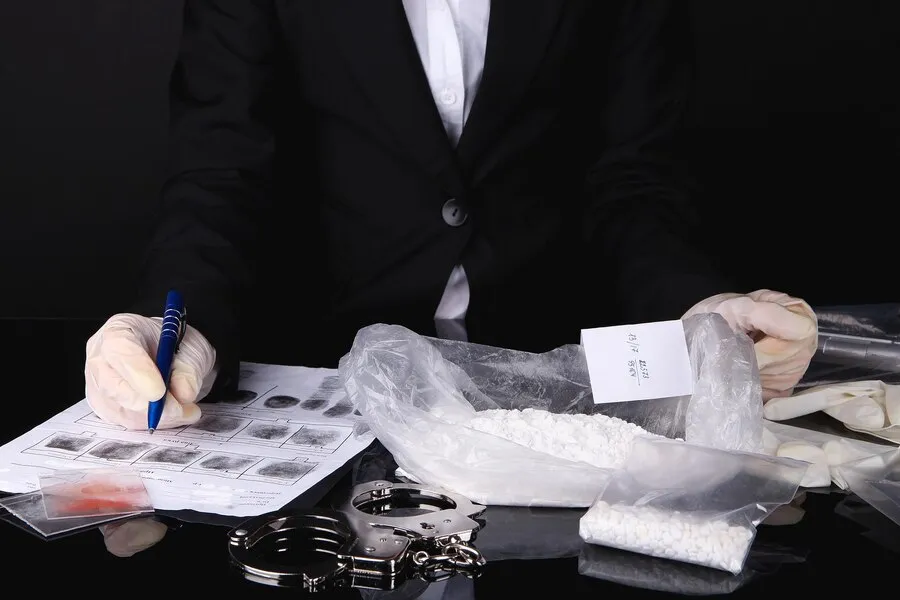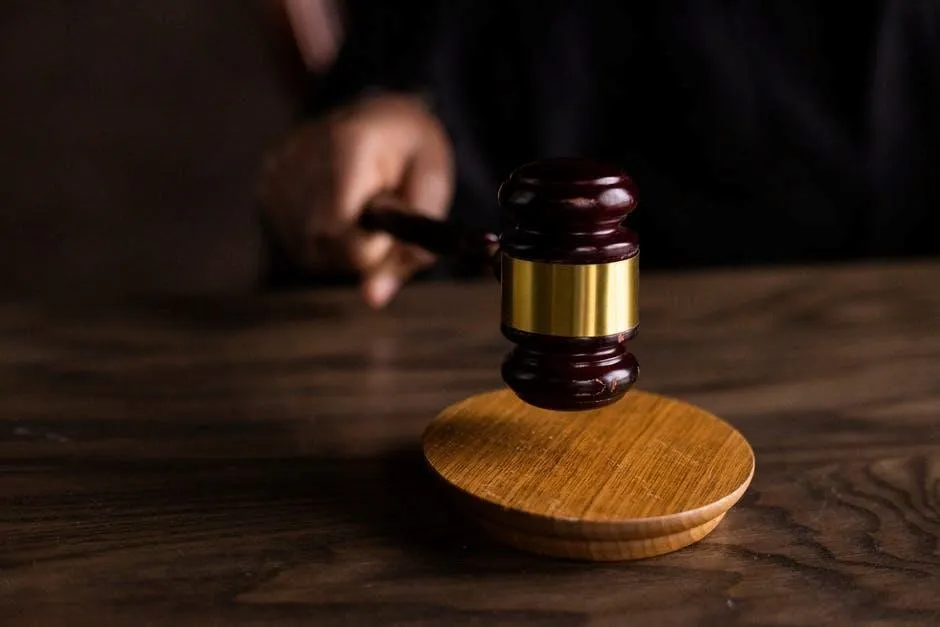Slip and fall accidents may sound minor, but the legal aftermath can be far from it. When you’ve tripped or slipped and taken a tumble, it’s important to know your rights.
This straightforward guide clarifies the steps you should take in response if you accidentally tripped and fell and your rights in such situations. From understanding who might be at fault to learning how to protect your interests, we’ll cover it all.
Where Did It Happen?
One of the first questions you might be asked after a slip and fall accident is where it occurred. Was it on a public sidewalk, at a neighbor’s home, or in a local store? Did you slip and fall at work?
The location of your accident can impact the legal considerations that follow. For instance, if you slipped at a grocery store, the regulations are likely different than if you fell at a friend’s house. Identifying the location is the first step to understanding your legal parameters.
Understanding Property Owner Responsibility
In most instances, the owner of the property where you were injured may be held responsible if their negligence led to the slip and fall. This responsibility is rooted in the premise that property owners have a legal duty to keep their premises reasonably safe for visitors. If it can be established that the owner knew or should have been aware of a hazard and failed to address it, they could be held liable for the injuries sustained.
Time and Place Matters
In some cases, the time and place matter significantly. For example, if you fell on city property but were injured during a community event, the city’s liability may differ from an incident that took place on their property at a standard time. Similarly, a private property owner’s slip and fall liability could change if the accident occurred while they were hosting a public event versus during regular private use.
Documenting the Incident
In the immediate aftermath of your fall, documentation is critical. Try to take photos of the area where you fell, secure witness information, and report the incident to the property owner or manager. This documentation can serve as evidence of the circumstances of your accident, which is invaluable if you pursue a legal claim.
The Power of Observation
Your observation skills are key in this situation. Note the conditions that led to your fall, such as wet or uneven surfaces, poor lighting, or obstructions in walkways. These details can all contribute to demonstrating negligence on the part of the property owner and strengthening your case.
Witnesses Are Your Allies
Witnesses can provide neutral accounts supporting your version of events. They can also validate your injuries, the condition of the premises, and the owner’s response. It’s important to obtain their names and contact information at the scene if possible.
Seeking Medical Attention
Even if your injuries seem minor at first, it’s essential to seek medical attention after a slip and fall. Some injuries may not be immediately apparent, and an official medical record is necessary to link your injuries to the incident.
Treating Injuries and Maintaining Records
Follow through with any treatment required. Ensure that all medical records and bills associated with your fall are kept and organized. This documentation serves as proof of your injuries, their extent, and the costs you’ve incurred.
Establishing a Direct Cause
A medical professional can help establish a direct cause between your injury and the fall. This link is vital in most personal injury cases and can greatly affect the compensation you may be entitled to.
Reporting the Incident
Filing a report with the property owner or manager is a significant step. The report should detail the accident, injury, and the circumstances that led to the fall. A written record of your report creates a clear timeline and can also demonstrate the owner’s knowledge of the incident.
Follow Proper Reporting Procedures
Understand the reporting procedures set by the property owner. If it’s a place of business, there may be specific forms to fill out. Comply with their requirements while keeping a copy of the report for your records.
Timing Is Important
Report the incident as soon as possible. Many properties have short windows within which accidents must be reported for any claims to be valid. Failing to do so in a timely manner can complicate your case.
Consulting a Personal Injury Lawyer
Navigating legal issues on your own can be daunting. A professional, like this personal injury lawyer in Miami, can ensure that your rights are protected and advocate for the compensation you deserve. With their expertise, they can assess the strength of your case and guide you through the claims process.
Legal Counsel Can Offer Clarity
With the complexities of personal injury law, a lawyer’s role is invaluable. They can clarify the legal basis of your claim, explain your options, and predict the outcomes of different courses of action.
Legal Representation Levels the Playing Field
When dealing with property owners or their insurance companies, a lawyer ensures you aren’t faced with overwhelming legal jargon or tactics designed to minimize your claim. Your lawyer will negotiate on your behalf and, if necessary, represent you in court.
Knowing Your Rights
Understanding your rights empowers you to take appropriate action following a slip and fall accident. You have the right to request compensation for medical bills, lost wages, and pain and suffering if the property owner’s negligence caused your fall.
Statute of Limitations
Every state has a statute of limitations, which is the time limit you have to file a claim. Make sure you know and abide by this timeframe to protect your right to compensation.
Comparative Negligence
In some cases, the injured party may also have some responsibility for the fall. This concept, known as comparative negligence, can affect the compensation you receive. An experienced lawyer can help you understand how this might apply to your case.
Read Also: The Role of Prenuptial Agreements in Nevada Family Law
Know What to Do When You Tripped and Fell
A slip-and-fall accident can be complex and overwhelming. But knowing your rights and taking the appropriate steps when you tripped and fell can make the process more manageable.
By documenting the incident, getting medical help, and consulting a lawyer, you set the stage to protect your interests. Acting swiftly strengthens your position.
Focus on your safety and holding negligent parties accountable to prevent future incidents. If you’ve fallen, act promptly to safeguard your well-being and legal rights.
Explore more insights and guides on our blog. Delve into articles across a variety of topics to arm yourself with the knowledge you need. Start browsing now.

Jasper Bruxner is a passionate and versatile blogger with a keen eye for trends and a knack for crafting engaging content. As the founder of WendyWaldman, he has established himself as a trusted resource in a diverse range of niches, including food, tech, health, travel, business, lifestyle, and news. He tends to share the latest tech news, trends, and updates with the community built around Wendywaldman. His expertise and engaging writing style have attracted a loyal following, making him a respected voice in the online community.




